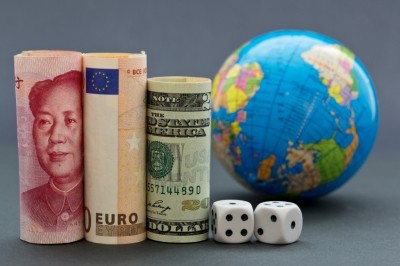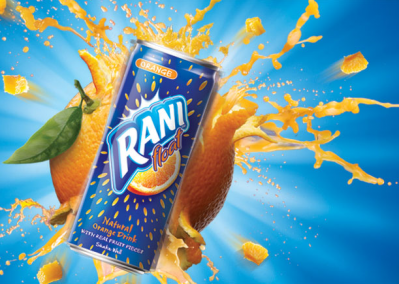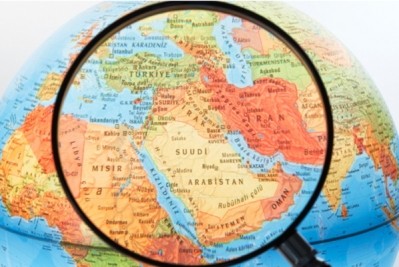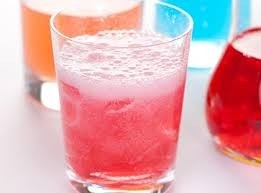‘Security is a concern, but soft drinks growth is still strong in MENA’ – Euromonitor International
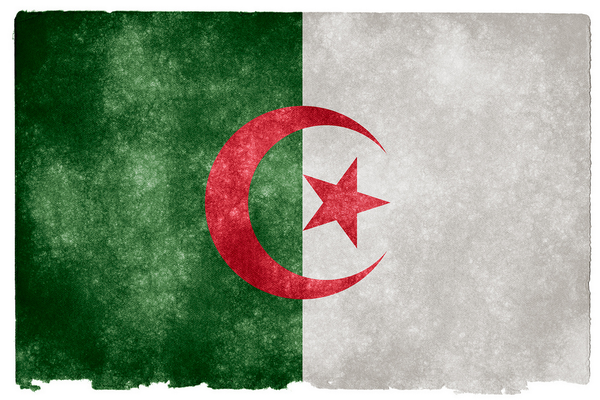
On Sunday, Aujan Coca-Cola Beverages Company (ACCBC) announced plans to invest $500m in MENA over the next three years to drive sales in the region and beyond.
What underlies the investment rationale? A increasingly youthful regional population – in many cases part of the growing MENA middle class – that wants to buy more modern, exciting soft drinks.
Region blighted by security concerns...
Nonetheless, the region is blighted by security concerns. The Islamic State holds territory in Iraq, Syria, Egypt (Sinai) and Libya, and violence often threatens to spill out across the borders of these problem states/areas to elsewhere in the region.
On February 7, for instance, Reuters reported that 32 militant Islamists planning ‘spectacular’ attacks in Tunis were arrested by Tunisian police. Following democratic elections in January, Tunisia is now relatively stable, and is seen by many people as the most progressive country in the Arab world.
After ACCBC’s weekend announcement we asked Euromonitor senior beverages analyst Howard Telford how big a worry regional violence was for soft drinks manufacturers? And how did unrest in one country affect confidence elsewhere in MENA?
“Security is certainly a concern for operations in the area, but these bottlers are accustomed to a challenging operating environment. Despite geopolitical risk and economic volatility, growth has stayed strong in MENA, even adjacent to trouble spots,” Telford told BeverageDaily.com.
Coca-Cola bottler post strong sales growth in Iraq
By way of example, Telford said that Coca-Cola Iҫecek posted 10% volume growth in the first nine months of the company’s fiscal 2014, with 17% growth in Southern Iraq offsetting a sales slump in Northern Iraq, where the security situation has deteriorated.
“There is a big growth opportunity in Lebanon where the environment is relatively stable (it has been a focus region for ACCBC in terms of M&A in the past) and elsewhere in the MENA, despite concerns,” Telford said.
Announcing ACCBC’s investment, CEO Nicolaas Nusmeier pointed to opportunities for new categories and “consumer focused innovations”. So what might this mean, and what beverage categories are really ‘new’ and taking off in MENA?
“We expect MENA to be the fastest growth market over 2014-19 for bottled water, juice and especially carbonates (by a wide margin).” Telford said. “Given the favorable demographics, there is an opportunity to support brands in colas, juices and fruit-flavored carbonates that appeal to the young, rising income populations in the region.”
What might soft drinks innovation mean in MENA?
In practice this might mean new flavor innovation (new blends) and new product formats, the Euromonitor analyst said, particularly in juice drinks and fruit-flavored carbonates – but it could also simply mean efforts to innovate with packaging mix and size using existing brands.
“Another emerging area is likely to be health and wellness beverages, as consumers respond to concerns over obesity and sugar reduction. Functional, reduced sugar and ‘superfruit’ juices are high value categories where I suspect we’ll see more attention and brands in MENA,” Telford said.
Finally, ACCBC earmarked Algeria – the largest juice market in Africa with 233.2m liters sold in 2014 – as a key market for its flag brand Rani. What does Telford think is driving demand here?
“Algeria is a growth market for juice in the region, although not the biggest in overall terms [this title goes to Saudi Arabia, on 923m liters]. There is still a lot of room for per capita growth in the category, particularly lower fruit content juice drinks,” he said.
Algerian demand grows for healthier drinks
“Demand is shaped by affordable, low prices and a wide variety of brands and flavors that appeal across age demographics. As in many markets, juice drinks can be perceived as a healthier alternative to carbonates consumption and a lighter alternative in warm weather,” Telford said.
Native manufacturer Ibrahim & Fils Ifri is the Algerian market leader and ACCBC’s main rival, he added, with its popular Ifri juice drink brand and more recent launch iFruit; Rouiba (manufactured by local firm NCA Rouiba) is another brand of juice that is quite popular, he said.
